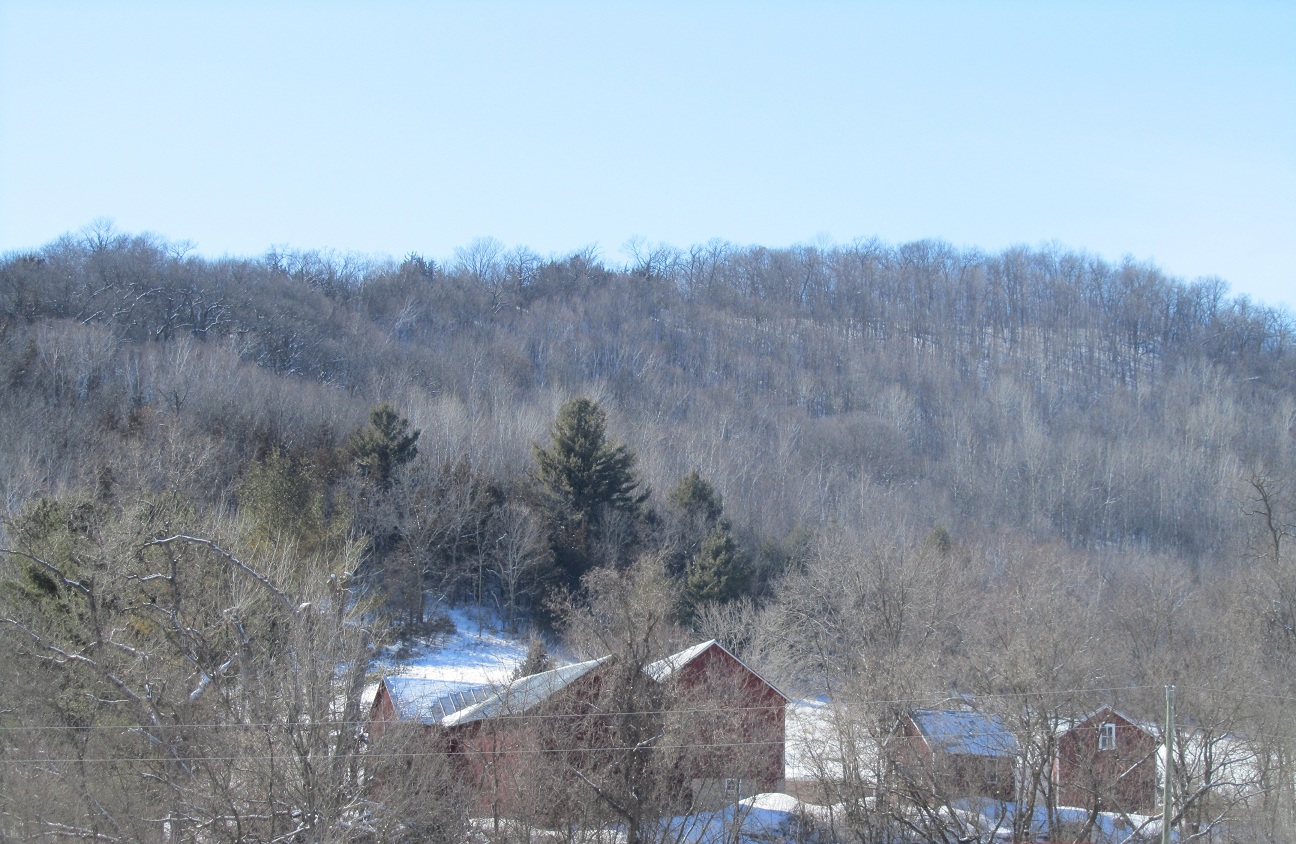20 Years Strong
Can you believe it? We’ve been strengthening Wisconsin’s land trusts for 20 years now! That’s right, it’s our 20th Anniversary. We can’t think of a better time to reflect upon how we arrived at where we are today and the successes we’ve had along the way….
Here is a snapshot of some of the achievements we are most proud of, since our founding in 1994:
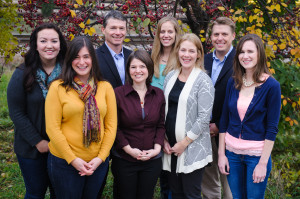
Thank you, from all of us at GWC, for supporting us as well as the land trusts that we serve! None of this would have been possible without your support.
- The number of land trusts working in Wisconsin has increased from 12 to over 50
- The membership of Wisconsin’s land trusts has grown to nearly 55,000 members statewide
- These land trusts have permanently protected well over 280,000 acres of Wisconsin’s natural heritage
- We have successfully advocated for funding increases for the state’s renowned land conservation program, the Knowles-Nelson Stewardship Program, and for the passage of the Working Lands Initiative
- We have become a respected voice for private land conservation in the state and have earned our reputation as the premier land trust service center in the nation
But more meaningful is the resulting impact of those acres conserved, organizations and collaborations established, and contacts made. Together with our land trust members, partners, and supporters, we are helping to protect the special places where we can all go to exercise and recreate, that protect our local food base and agricultural economy, where youth are discovering the magic of the outdoors for the first time, and that are home to our most precious resources and threatened species.
Thank you, from all of us at GWC, for supporting us and the land trusts that we serve! None of this would have been possible without your support. But our work is not finished. Please consider becoming a monthly donor, to help ensure that you and your loved ones will always be able to enjoy all the benefits of Wisconsin’s outdoors.
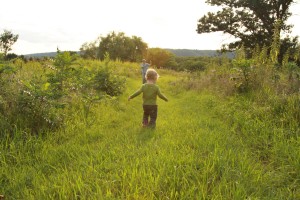
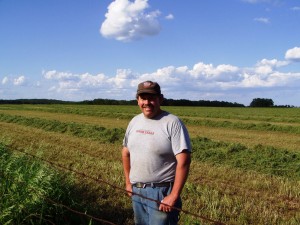
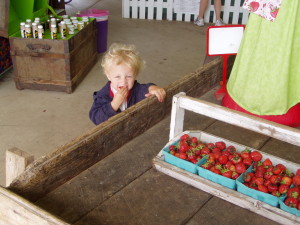
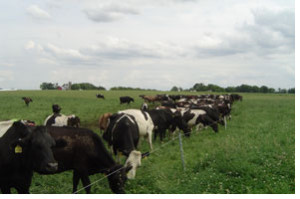
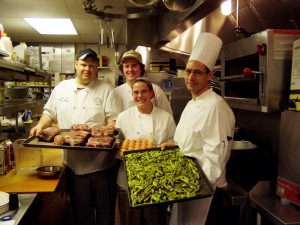


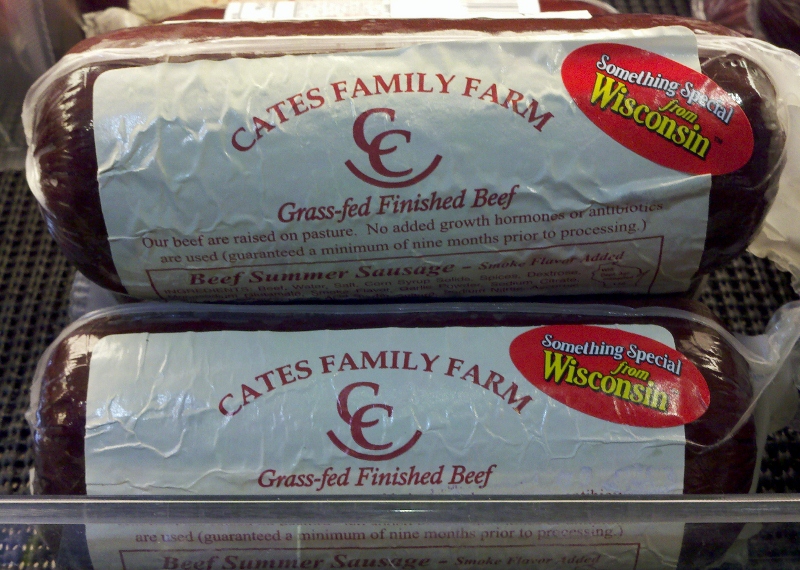




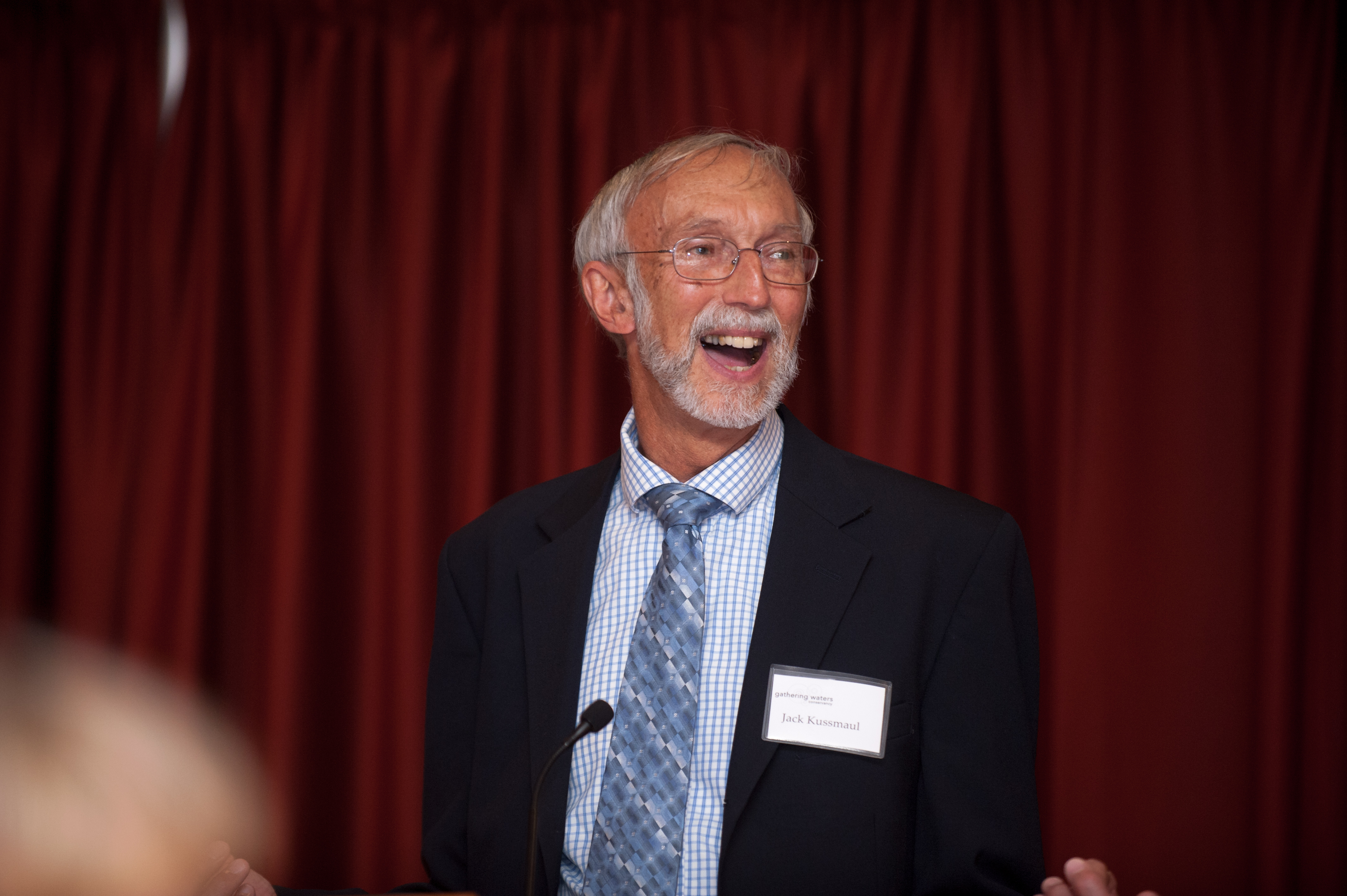


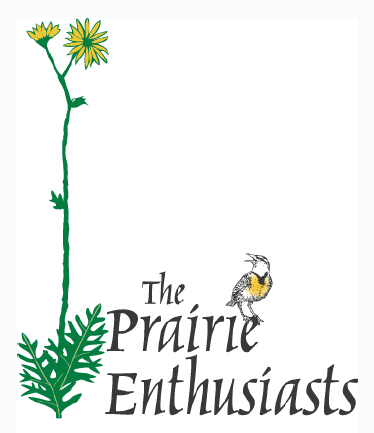 commitment and contributions to the organization) have ensured the perpetuation and recovery of nearly 4,000 acres of native prairie, oak savanna and other associated ecosystems of the Upper Midwest through protection, restoration, management and education. TPE employs a strong grassroots approach throughout multiple states, working openly & cooperatively with private landowners and other private and public conservation groups, to carry out its mission.
commitment and contributions to the organization) have ensured the perpetuation and recovery of nearly 4,000 acres of native prairie, oak savanna and other associated ecosystems of the Upper Midwest through protection, restoration, management and education. TPE employs a strong grassroots approach throughout multiple states, working openly & cooperatively with private landowners and other private and public conservation groups, to carry out its mission.
